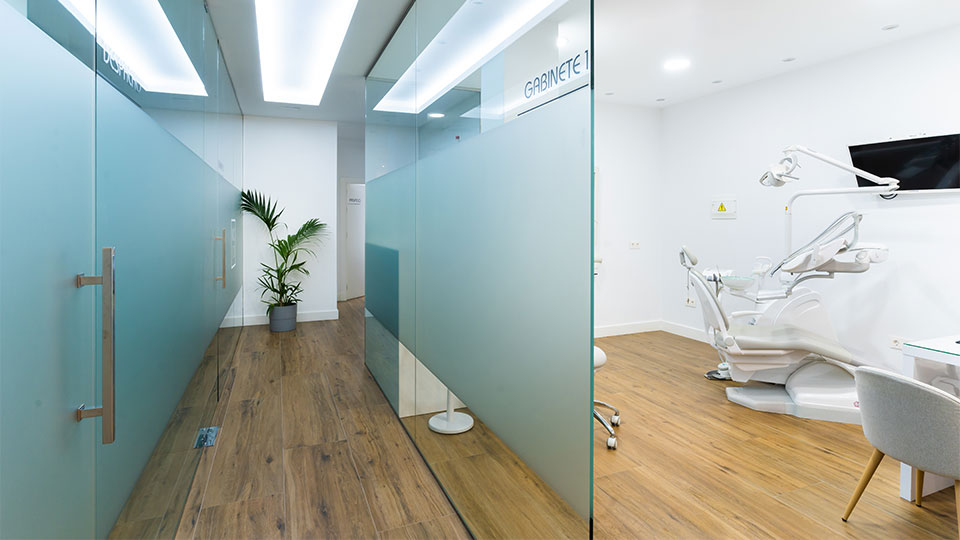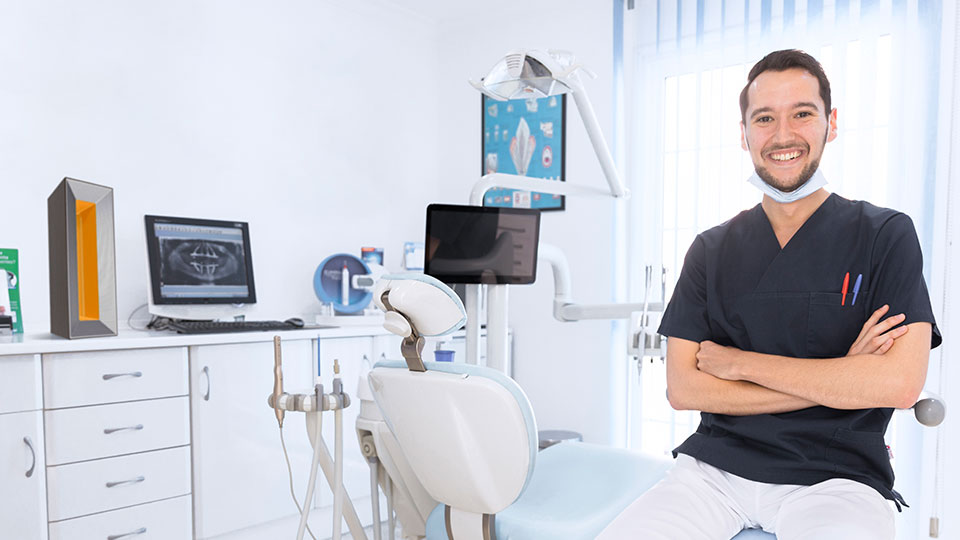healthcare
Hygiene begins with clean air
Maintaining the hygiene of any medical office is a daily challenge especially if many people pass through them. Nowadays, enhanced sterilization is particularly important because of the spread of COVID-19. Special attention is required at places where human contact is unavoidable, and distancing is not an option.
The goal is to prevent the spread of the various pathogens primarily during examinations and medical procedures. Additionally, biohazards in waiting areas must be controlled.


What are some best practices?
Surfaces must be sterilized especially in patient areas and the waiting area. Furniture and tables must be cleaned often. Regular sterilization, however, doesn’t provide the maximum protection against disease agents. Pathogens are aerosolized spreading as tiny droplets from coughing and sneezing. Droplets cover surfaces and linger in the air. Some studies say these airborne pathogens can stay in air for as long as 10 minutes. Deploying Airocide is essential.
Why is air purification necessary?
To protect workers
Healthcare workers must be protected from all kinds of diseases.
To protect patients
Using common rooms or staying in waiting rooms can be a hotbed for viruses and bacteria.
Air cleanliness
Fresh, clean air is vital both for the patients and the workers. To that end, the sterilization of objects and accessories is not enough but air needs to be cleaned as well.

The Airocide home/consumer portfolio provides an ideal solution for cleaning the air in smaller doctor’s offices.
Commercial Airocide units are for larger areas or those with a heavy bioload.
The Two Main Challenges at Healthcare Facilities
Hospitals and medical centers face challenges daily made worse today as mass illnesses are part of everyday life. Protection against airborne pathogens has never been this important.
1. Protect patients
People come to the hospital to get well and not to get sick. Sadly, the air in waiting rooms can be a hotbed of aerosolized biohazards. Several diseases spread in the air from coughing and sneezing. These can be viral diseases like influenza, tuberculosis, sore throats and COVID-19 or bacterial diseases such as meningitis and methicillin-resistant staphylococcus aureus (MRSA).
The hard fact is that waiting rooms have dirty air. Most people know this and resent long waits knowing they have little choice. Patients admitted to a hospital are inevitably exposed.
2. Protect workers
Patients are not the only ones exposed to infections as they can easily infect healthcare workers. In fact, their exposure can be greater. This is why we should protect the heroes who work in hospitals and are exposed to dirty air.
What Advantages Does Airocide Offer?
Airocide can drastically lower the occurrence of nosocomial infections and respiratory infections. Nosocomial infections threaten everyone during prolonged hospital stays and even after we leave the hospital.
Airocide destroys all aerosolized disease agents that pass through it. Provide fresh air and a safer environment both for patients and healthcare workers with Airocide.



